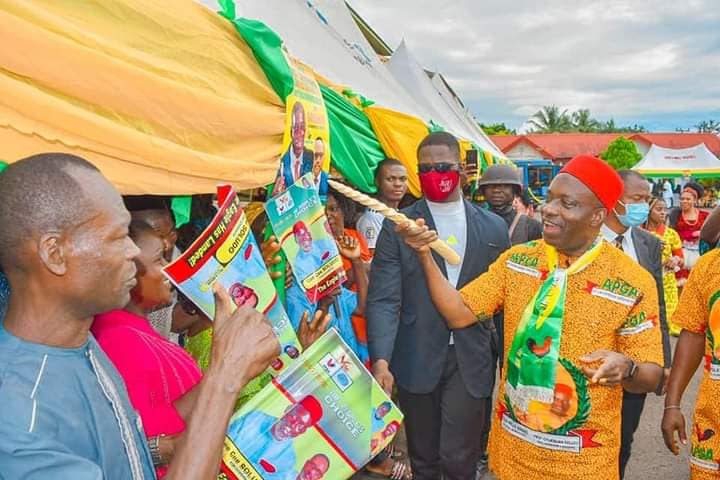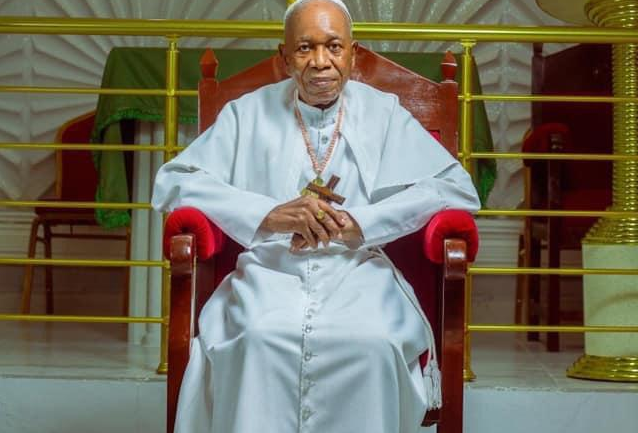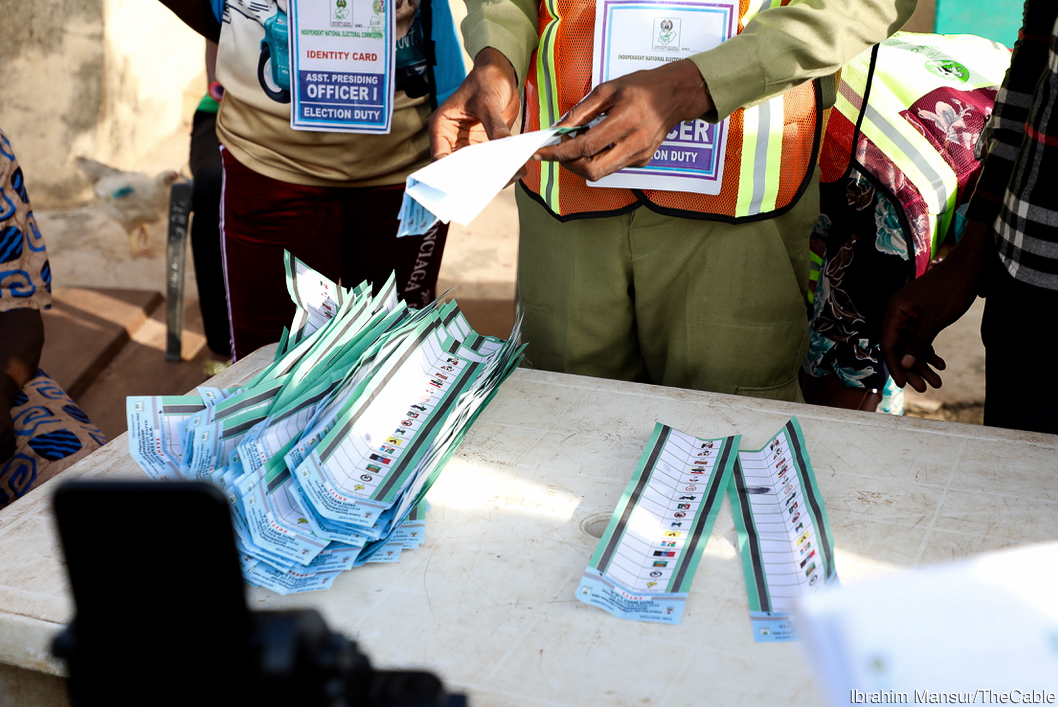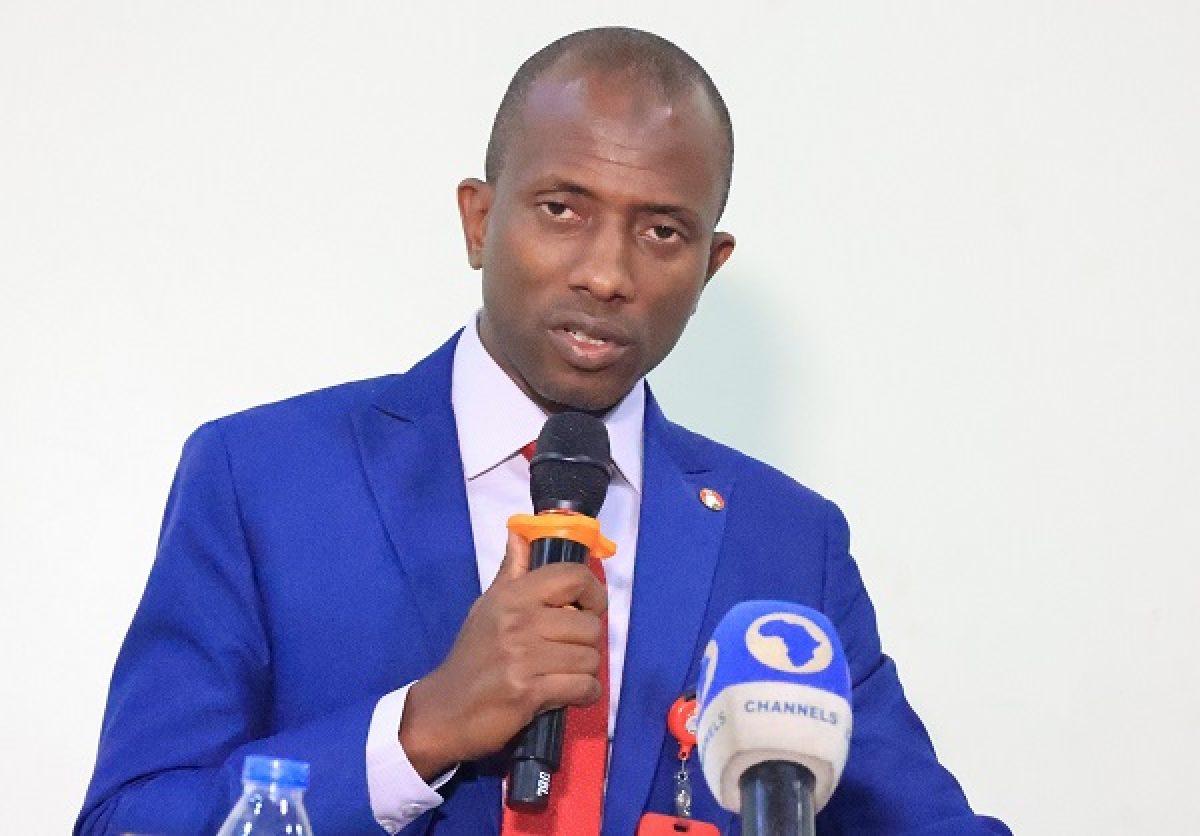BY ATEF FAWAZ
The gospel of promoting environmental sustainability seems to have lasted as long as the human race itself with the campaign taking different dimensions in different periods during the last decades. The apprehension about sudden changes in temperatures in recent times has escalated precipitation leading to floods, amongst other negative impacts. It is more worrisome as the environmental situation is now being consistently aggravated by human activities, leading to a global concern that requires action from all.
Thus, this year’s International Youth Day with the theme; Green Skills for Youth: Towards a Sustainable World, rightly mainstreams the need to shift towards an environmentally sustainable and climate-friendly world. This is not just crucial in promoting the global climate crisis but also relevant in achieving the sustainable development goals (SDGs) as it relates to health and other sectors; the role of young people in the entire process cannot be underestimated.
According to the United Nations concept note for this year’s celebration, green skills are “knowledge, abilities, values and attitudes needed to live in, develop and support a sustainable and resource-efficient society”. This holistically captures all technical knowledge and skills that enable the effective use of green technologies and processes in occupational settings, as well as transversal skills that draw on a range of knowledge, values and attitudes to facilitate environmentally sustainable decisions in work and in life.
Advertisement
As confirmed by the International Labour Organisation (ILO), green skills transcend basic agriculture to any skill/job that contributes to the reduction in the consumption of energy and raw materials, limits greenhouse gas emissions, minimises waste and pollution, protects and restores ecosystems and enables enterprises and communities to adapt to climate change.
It’s even further interesting that, to a large extent, human jobs and survival largely depend on the sustainability of the natural environment. Thus there is a huge responsibility to take intentional steps that promote a sustainable environment. In this vein, stakeholders at all levels must galvanise the energy of young people towards achieving green skills to build a sustainable world across different sectors.
Specifically, the health sector is taking notable leaps in developing and deploying digital innovations that have significantly reduced the use of paper in health systems. This protects the trees, contributing to the SDGs of ensuring healthy lives and promoting well-being at all ages. Digital innovations like logistics management information system (LoMIS), a suite of offline-capable mobile and web applications developed by eHealth Africa, address challenges with the supply/distribution of health commodities to last-mile health facilities.
Advertisement
The LoMIS Suite applications provide critical solutions that ensure the availability of health commodities, and effective vaccine management, and enable broader health system policy decisions through the use of real data for insight and execution at the community, state and national levels.
Deployed in primary healthcare facilities in Kano, Sokoto and Bauchi, the solutions have reduced the challenge of zero stock for vaccines due to effective automated documentation of vaccines and their consumables while also limiting the use of papers to promote sustainability in both environment and the health sector.
Progress recorded for SDG Goal 3 reveals global health has made some improvements in recent years. For example, 146 out of 200 countries or areas have already met or are on track to meet the SDG target on under-5 mortality.
Other environmental-friendly tools that have been used in the health sector in recent years include geographic information systems (GIS), particularly in the area of vaccination and immunisation programmes. Geospatial tools that use environmental data however require stability of environmental conditions to ensure its optimal utility.
Advertisement
Thus there are a series of platforms that can be harnessed to achieve the objective of mainstreaming green skills amongst young people in line with the objective of this year’s commemorations. While healthcare stakeholders in concomitance with information technology experts are increasingly scaling innovations to improve early detection and response to diseases, it is paramount to equip young healthcare providers, especially at state and local government levels with the knowledge and information necessary to understand the importance of green skills to further promote sustainability in the sector.
This can be achieved through targeted training of budding experts in various sectors to build relevant skills that will enable them to contribute to achieving a sustainable world across sectors. A great example is the eHealth Africa Academy which has consistently built young people’s skills in website creation, software development and design that can be used to solve local problems across sectors to promote a sustainable world.
To complement existing efforts, governments at all levels have a huge responsibility to initiate and promote important policies that will encourage the learning and adoption of green skills especially by young people. Also, there is an urgent need for the implementation of laws that encourage data protection and security in the course of interphase between digital innovations and human beings.
Ultimately young people must understand that, as a critical demography in the world right now, the success or failure of green transition will rely on them. As an intergenerational bridge between the younger and older generation, young people need to be well-equipped with green skills to successfully navigate this changing environment and leverage the opportunities that it presents for a more sustainable future.
Advertisement
Atef Fawaz is the executive director of eHealth Africa. He is a complex operations management and ICT expert with experience in humanitarian response and digital health
Advertisement
Views expressed by contributors are strictly personal and not of TheCable.
Add a comment






